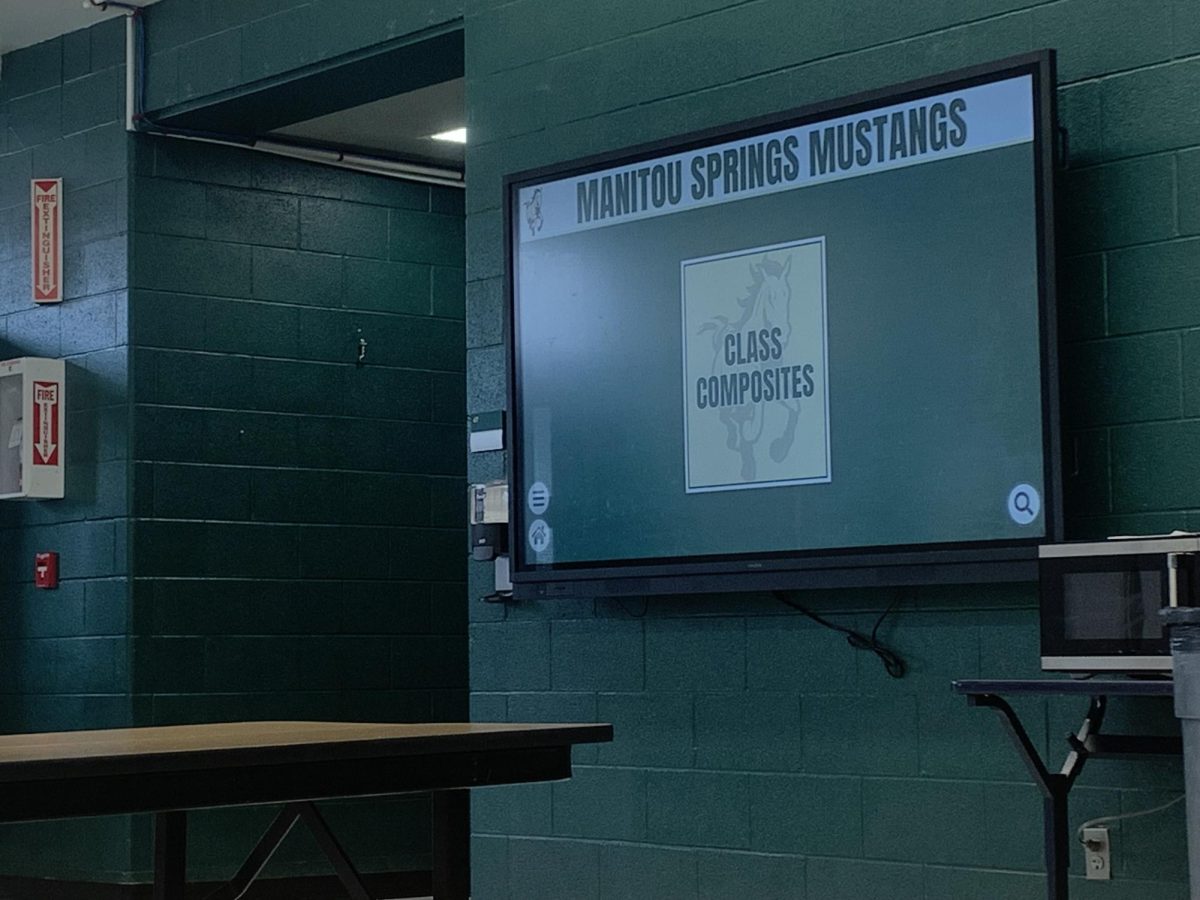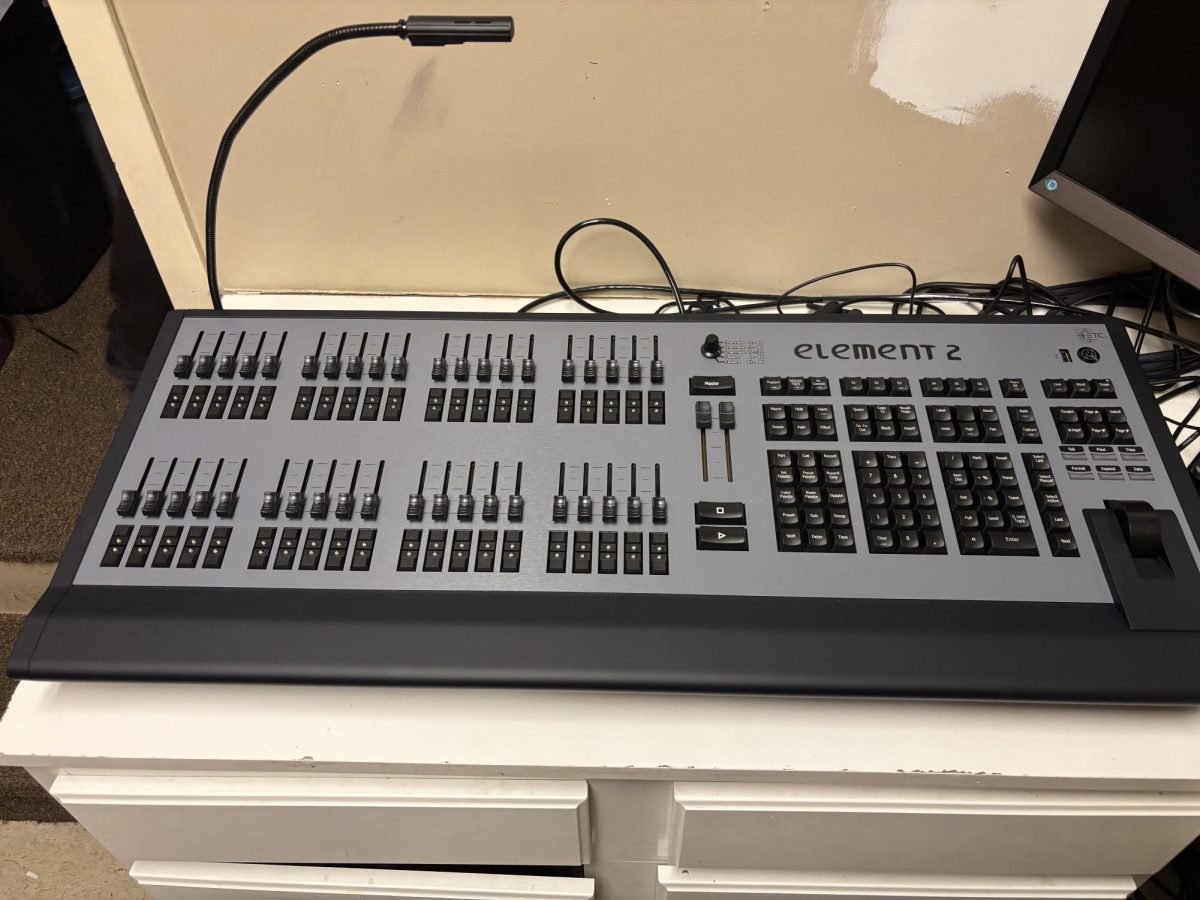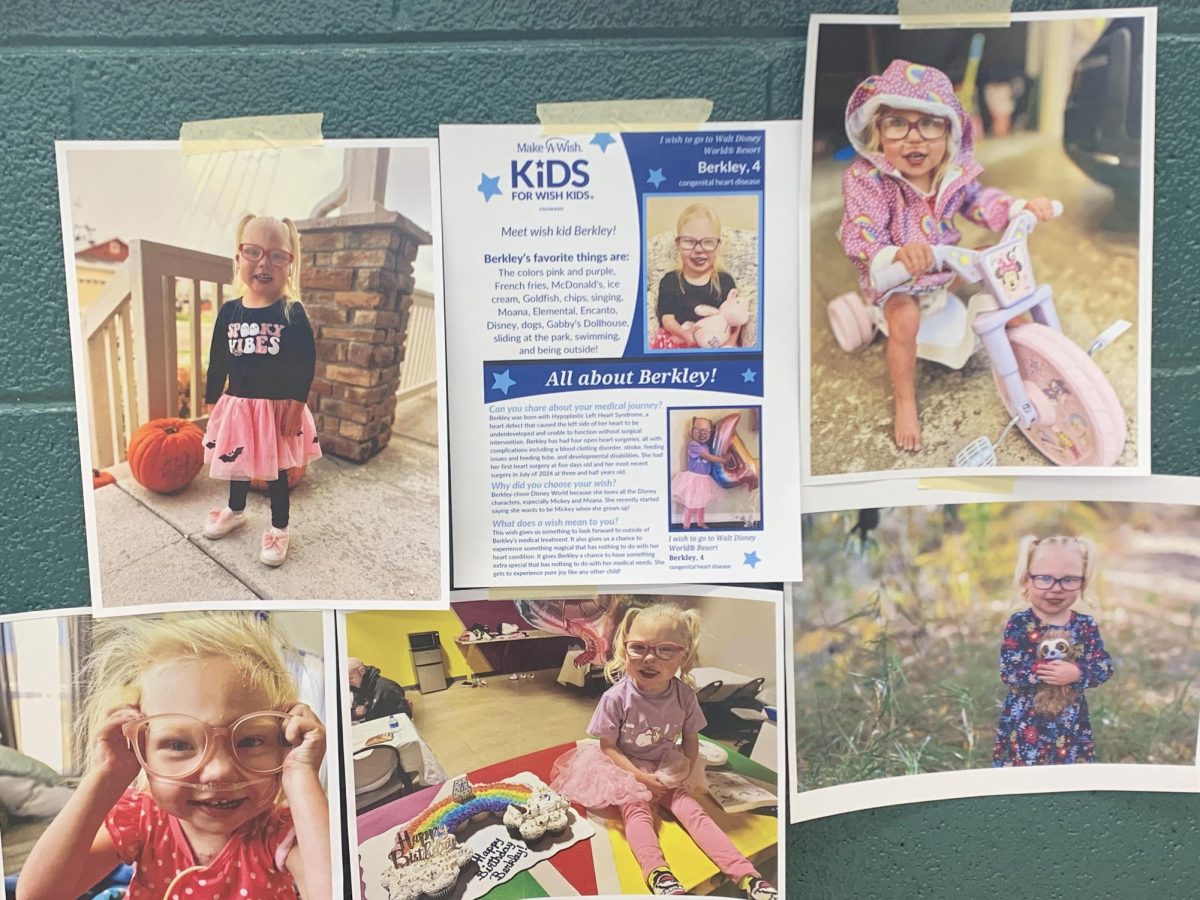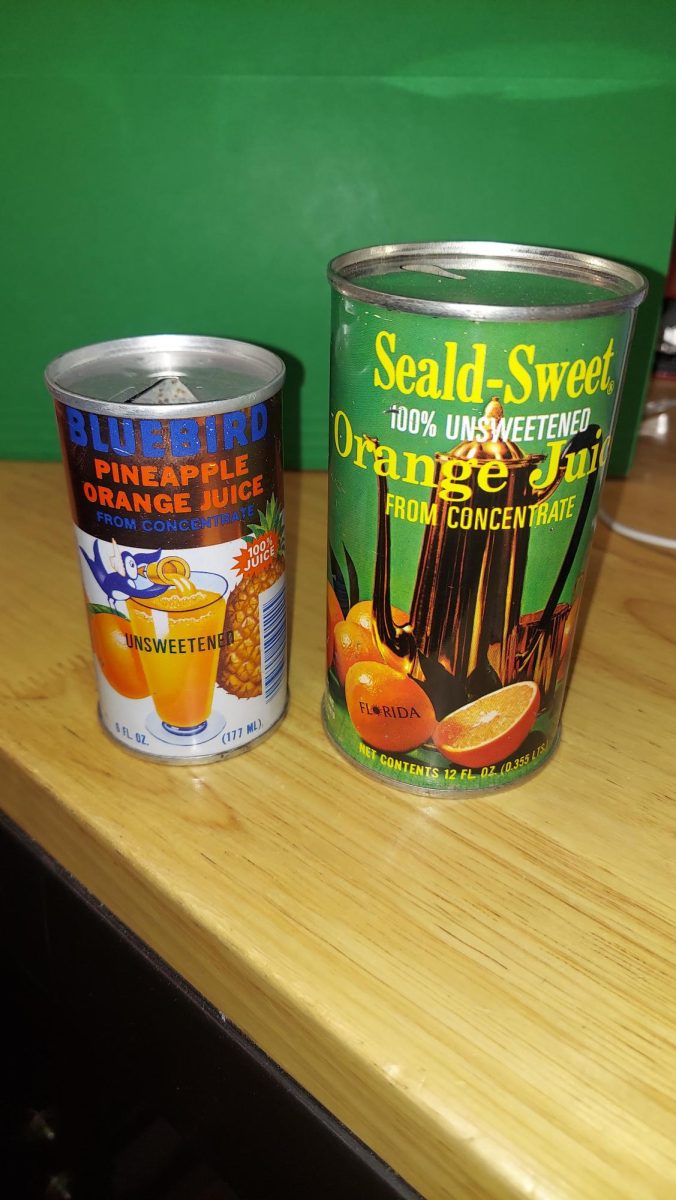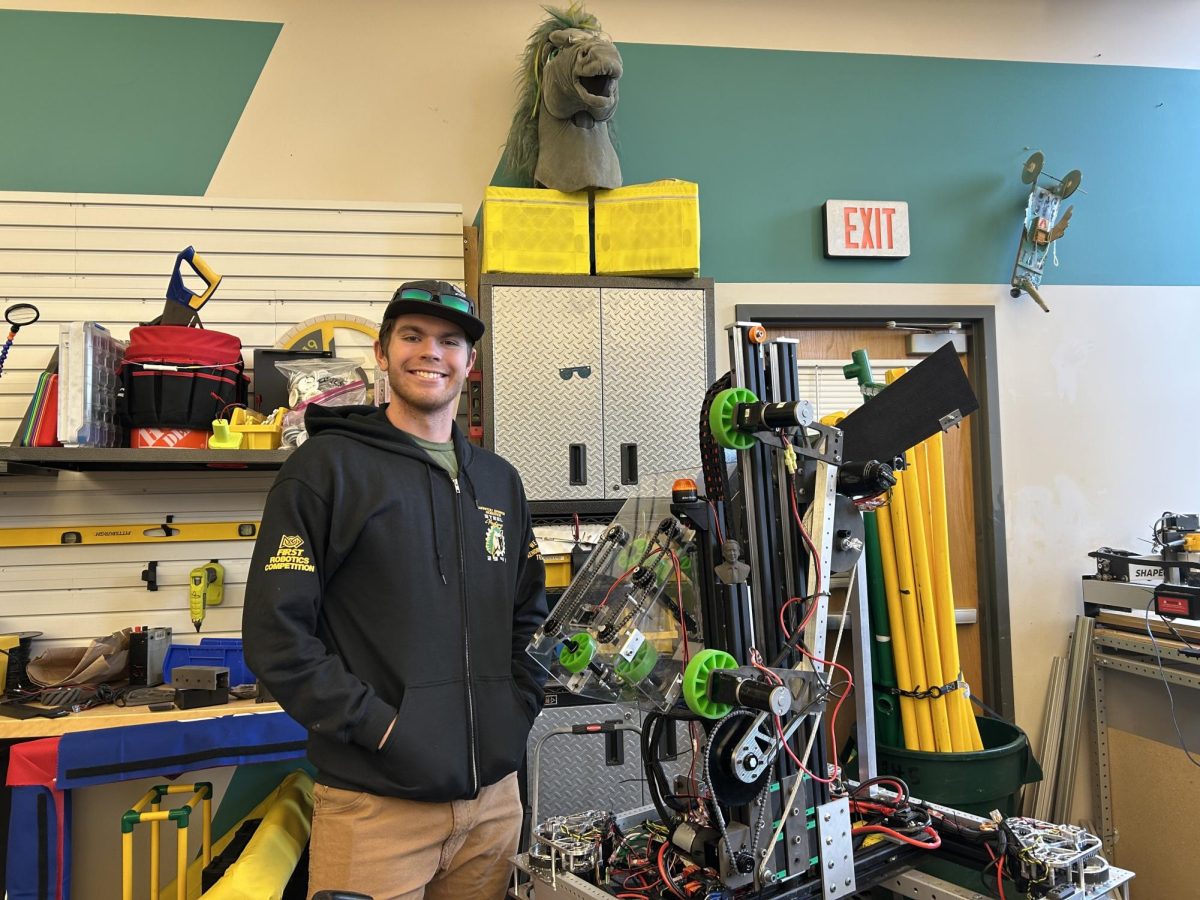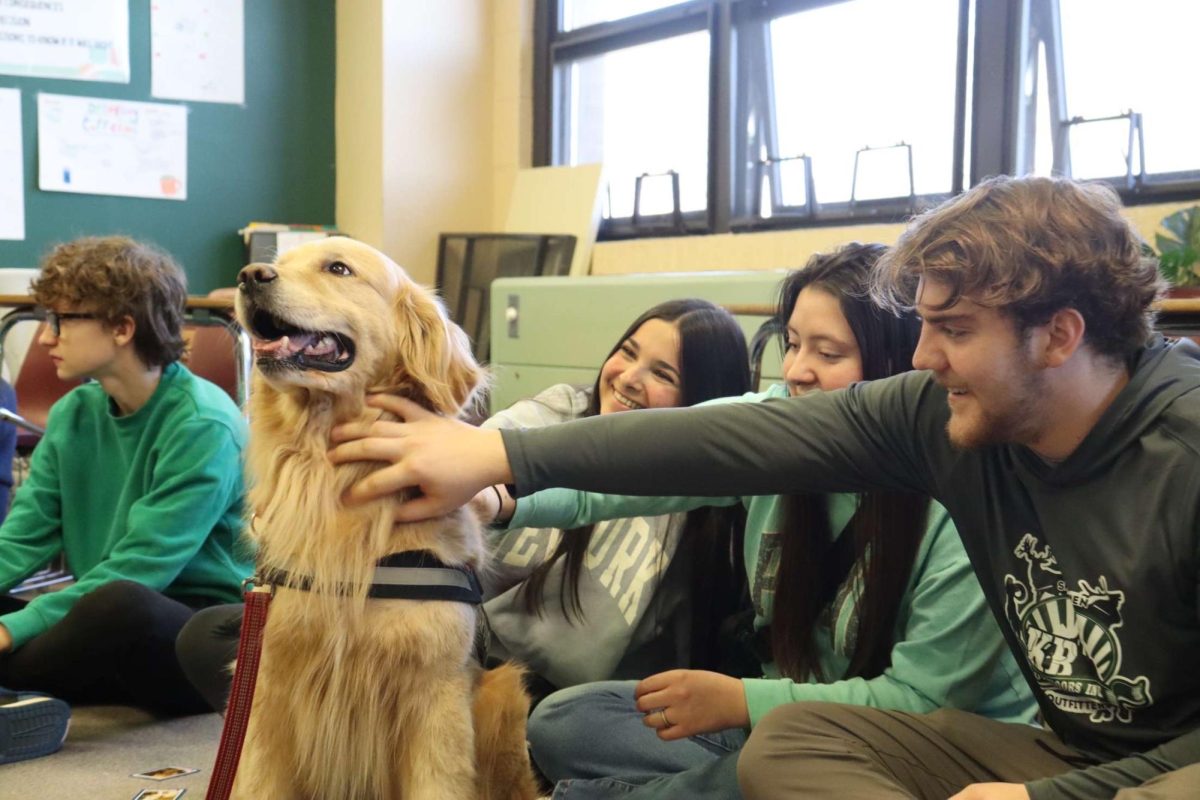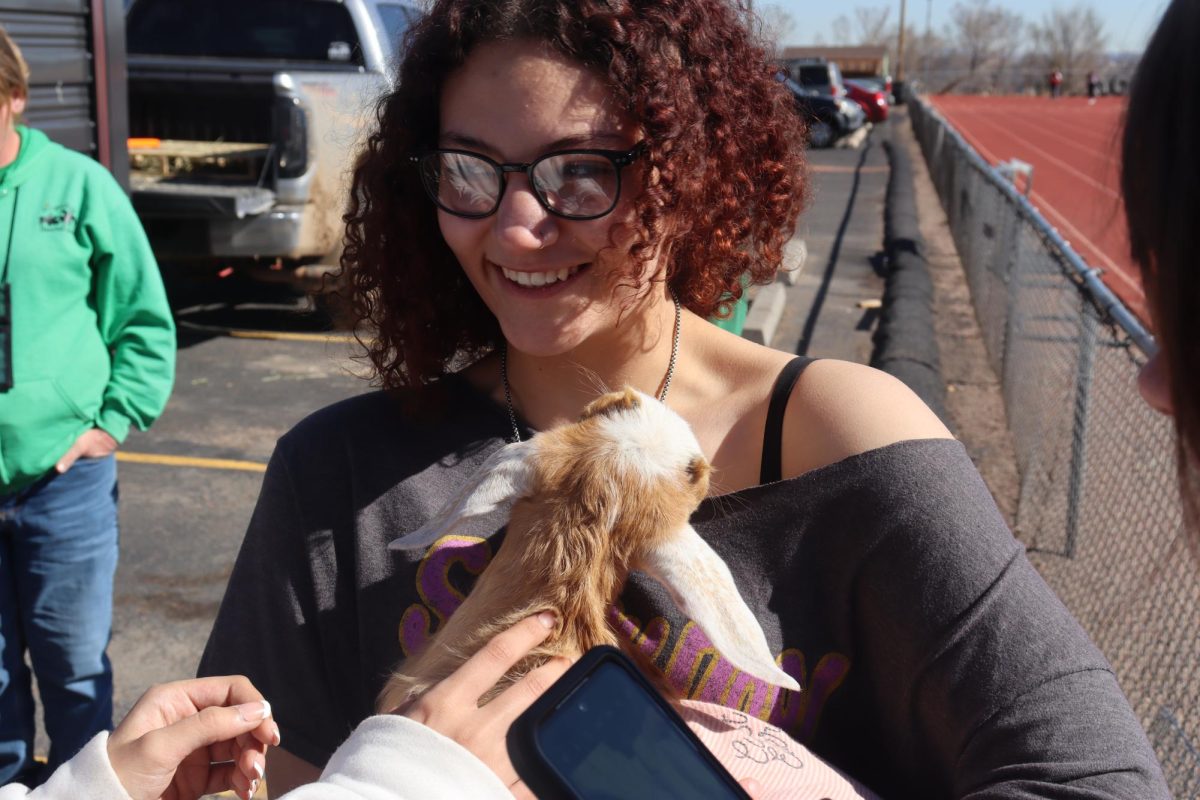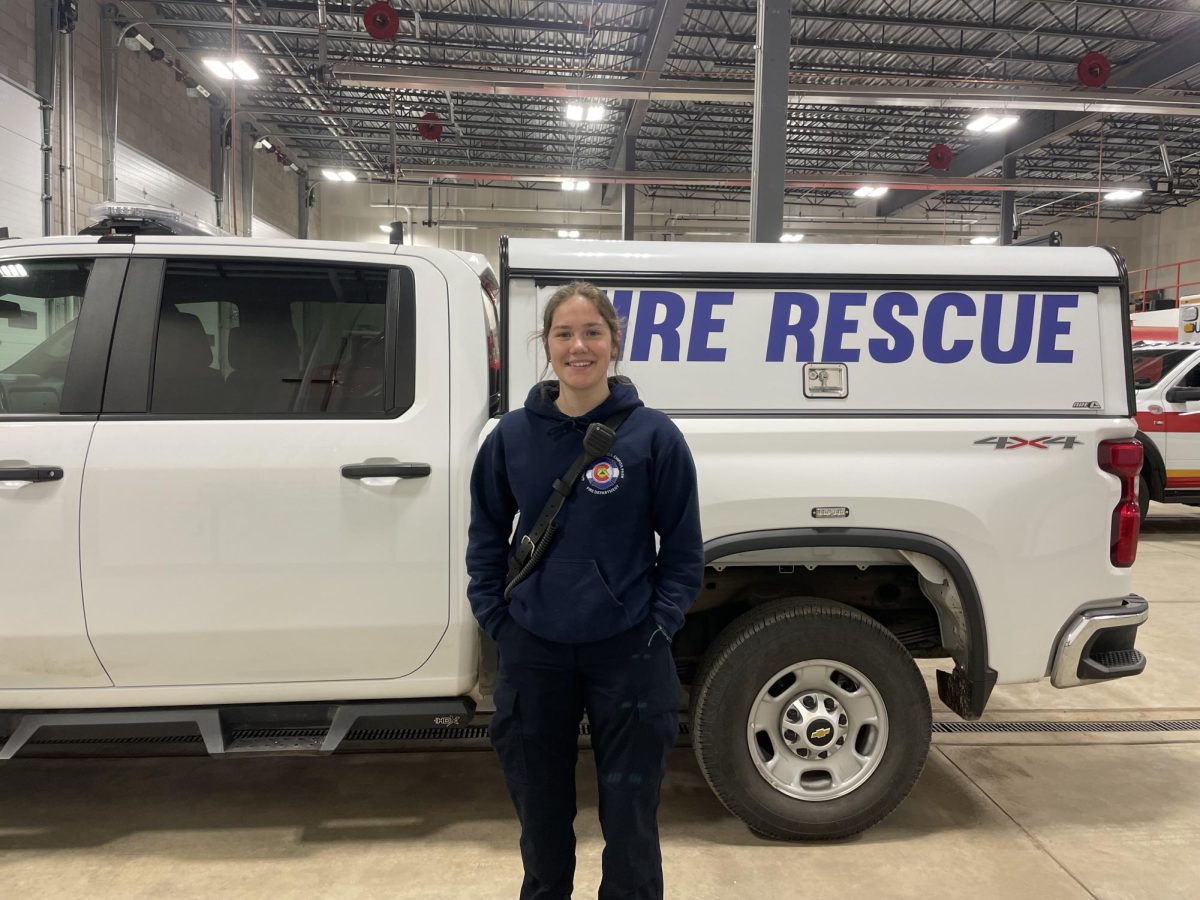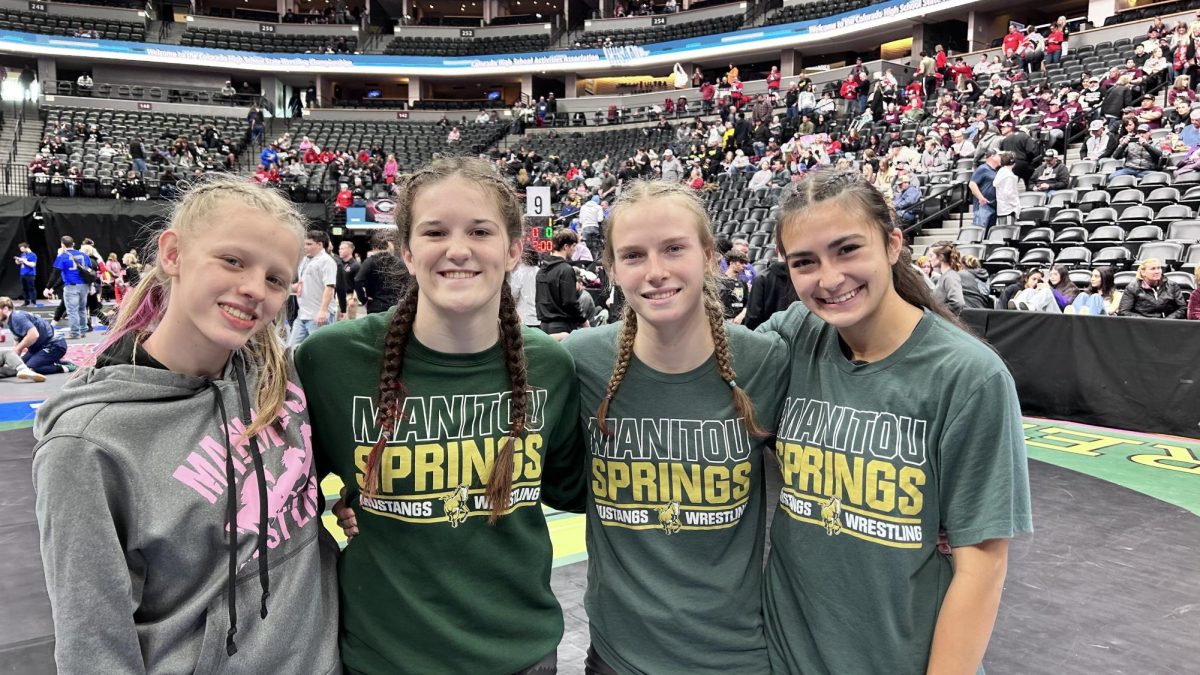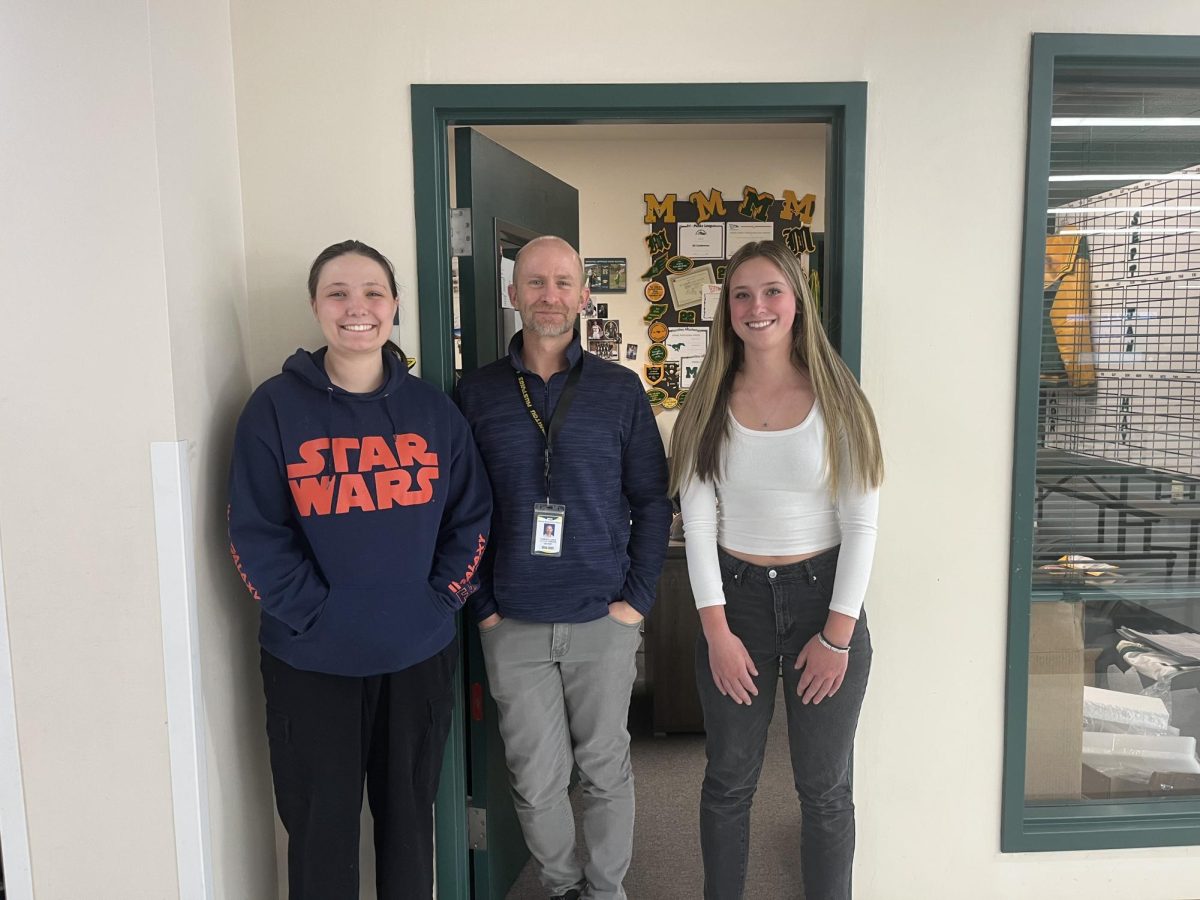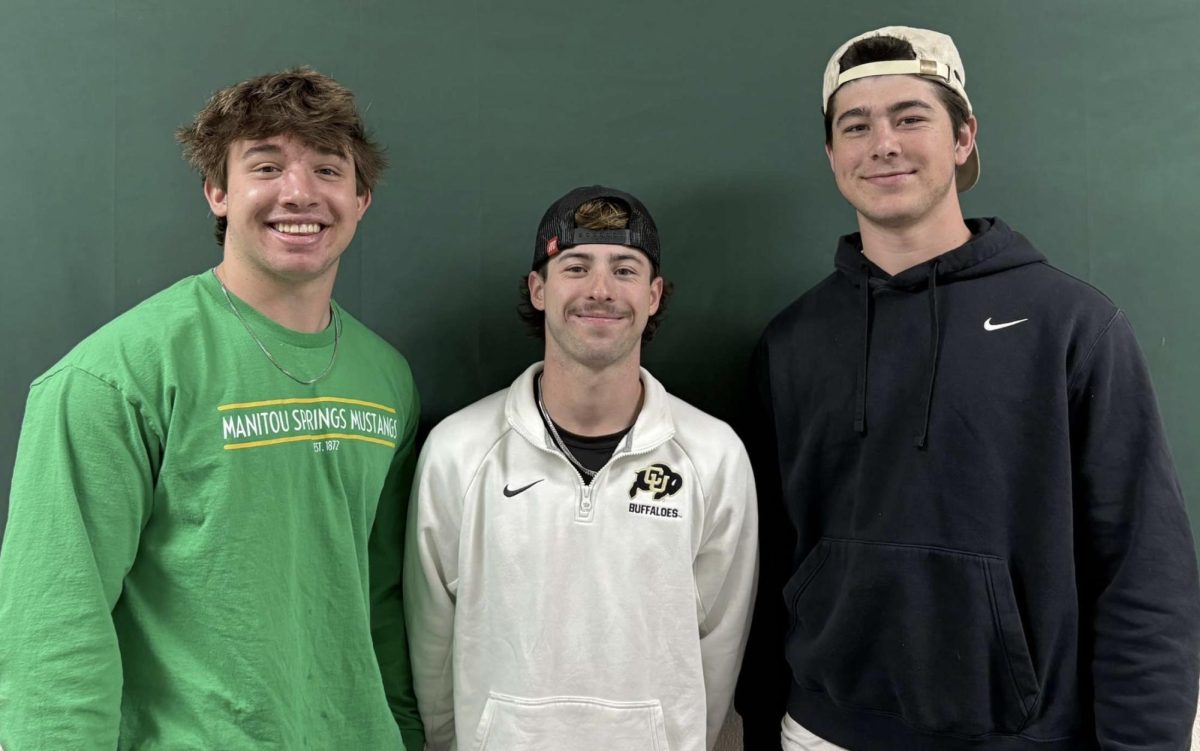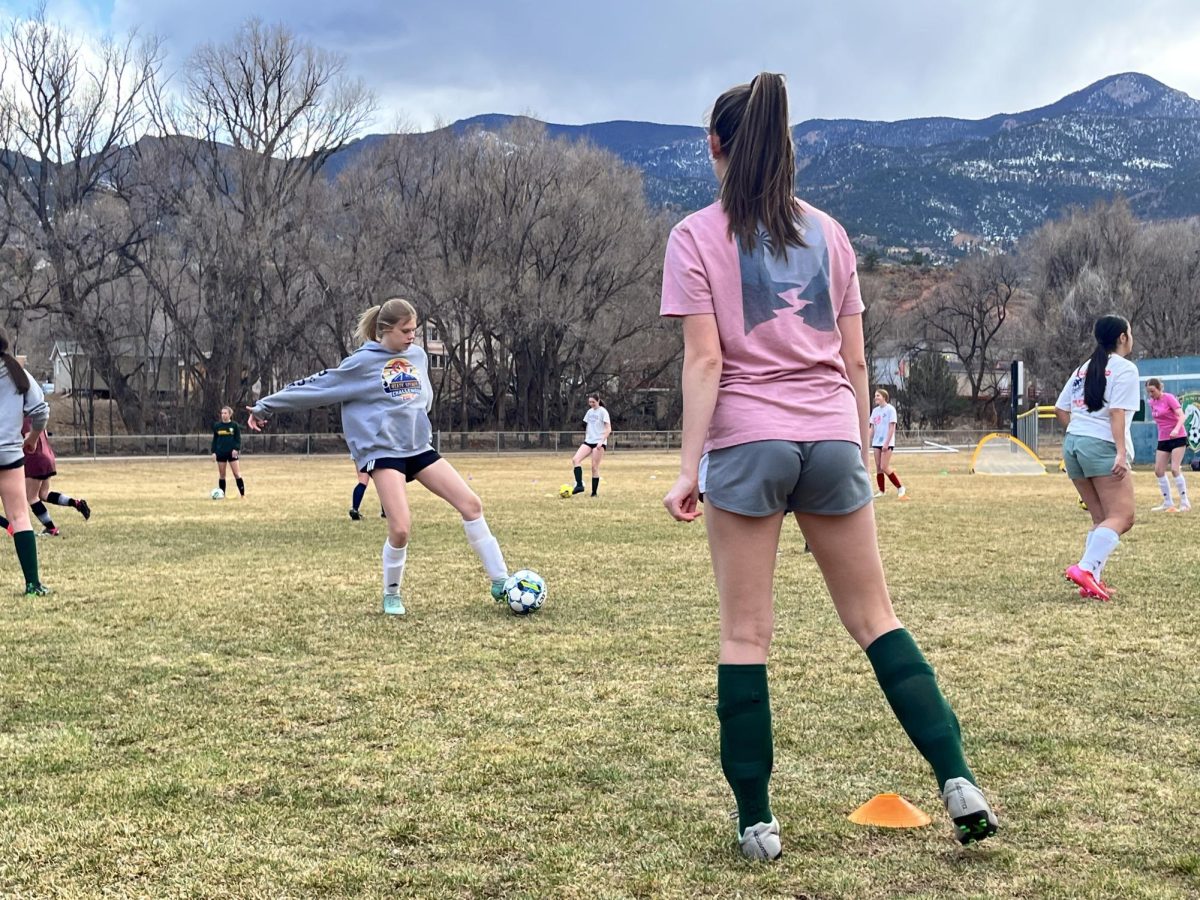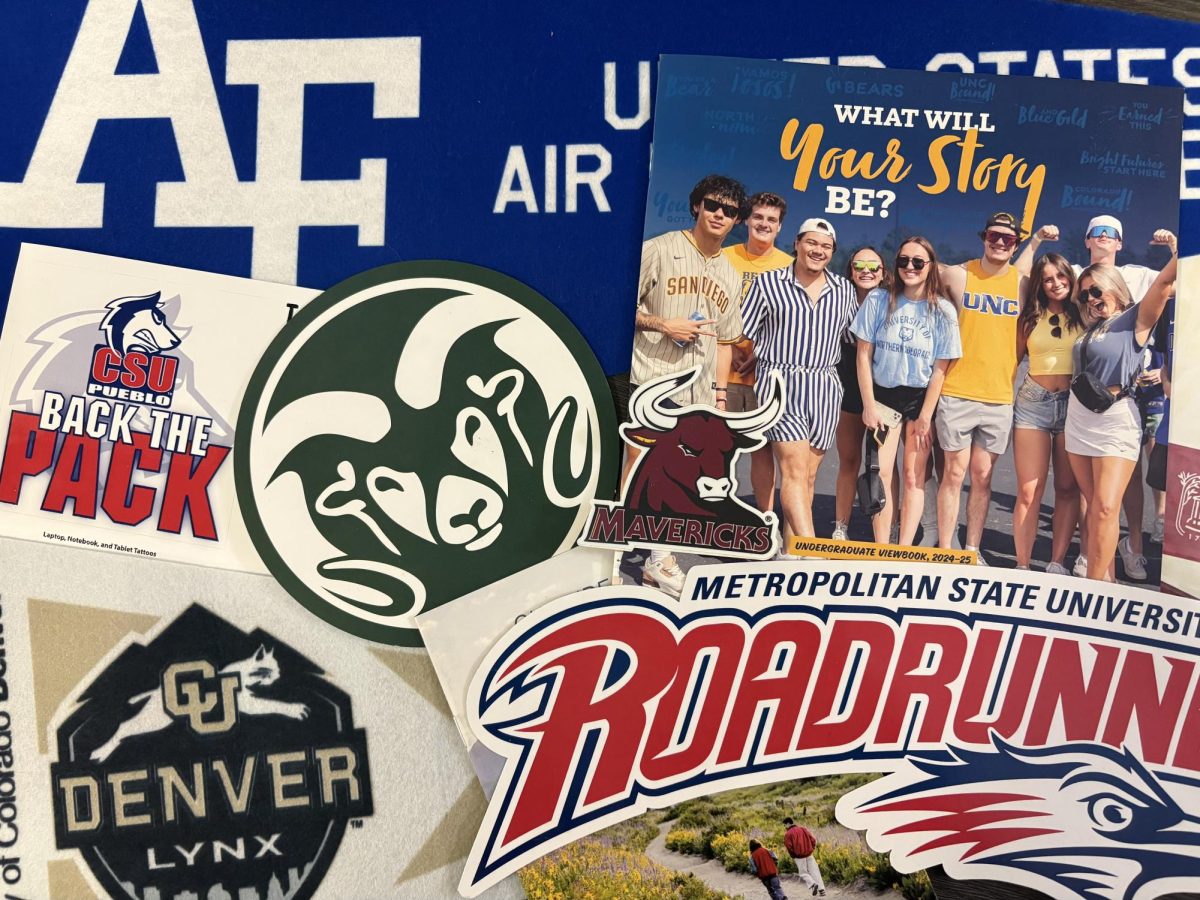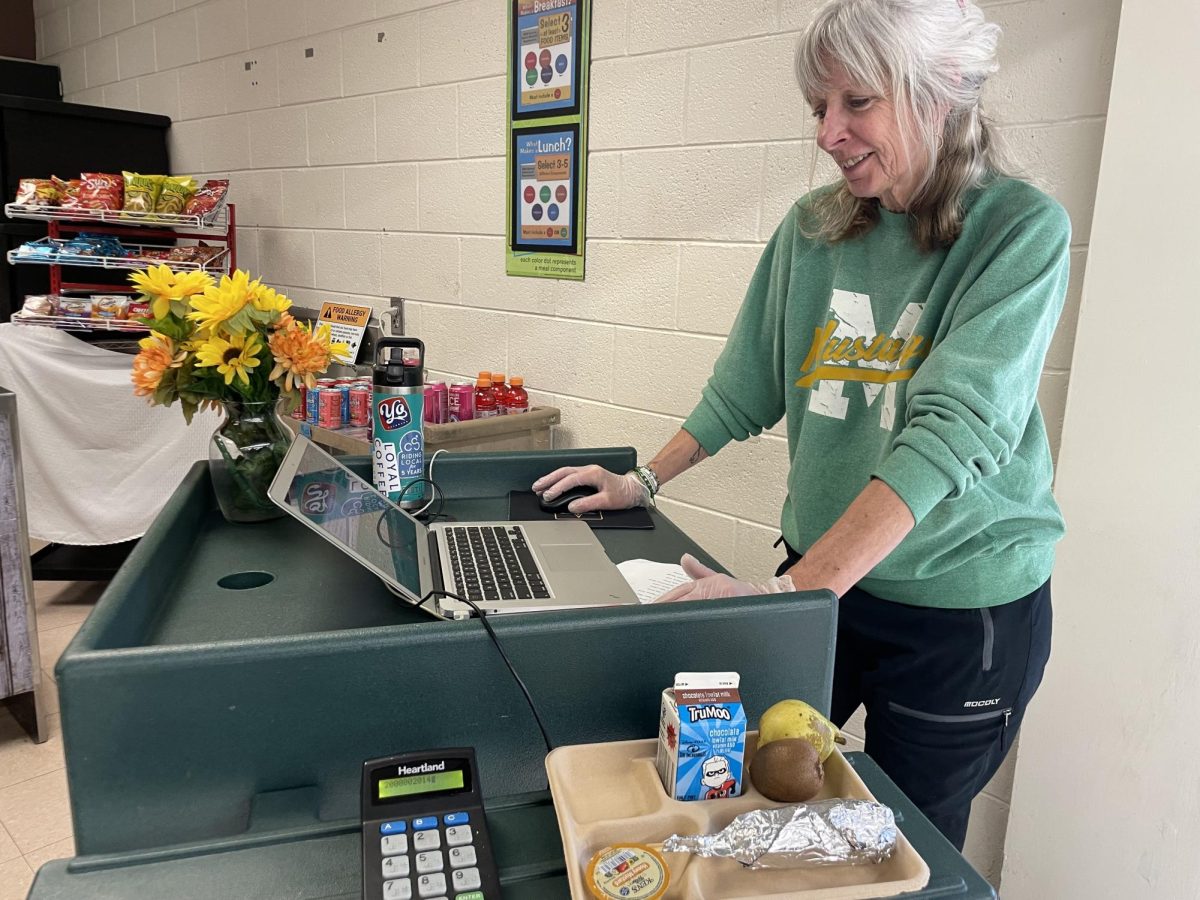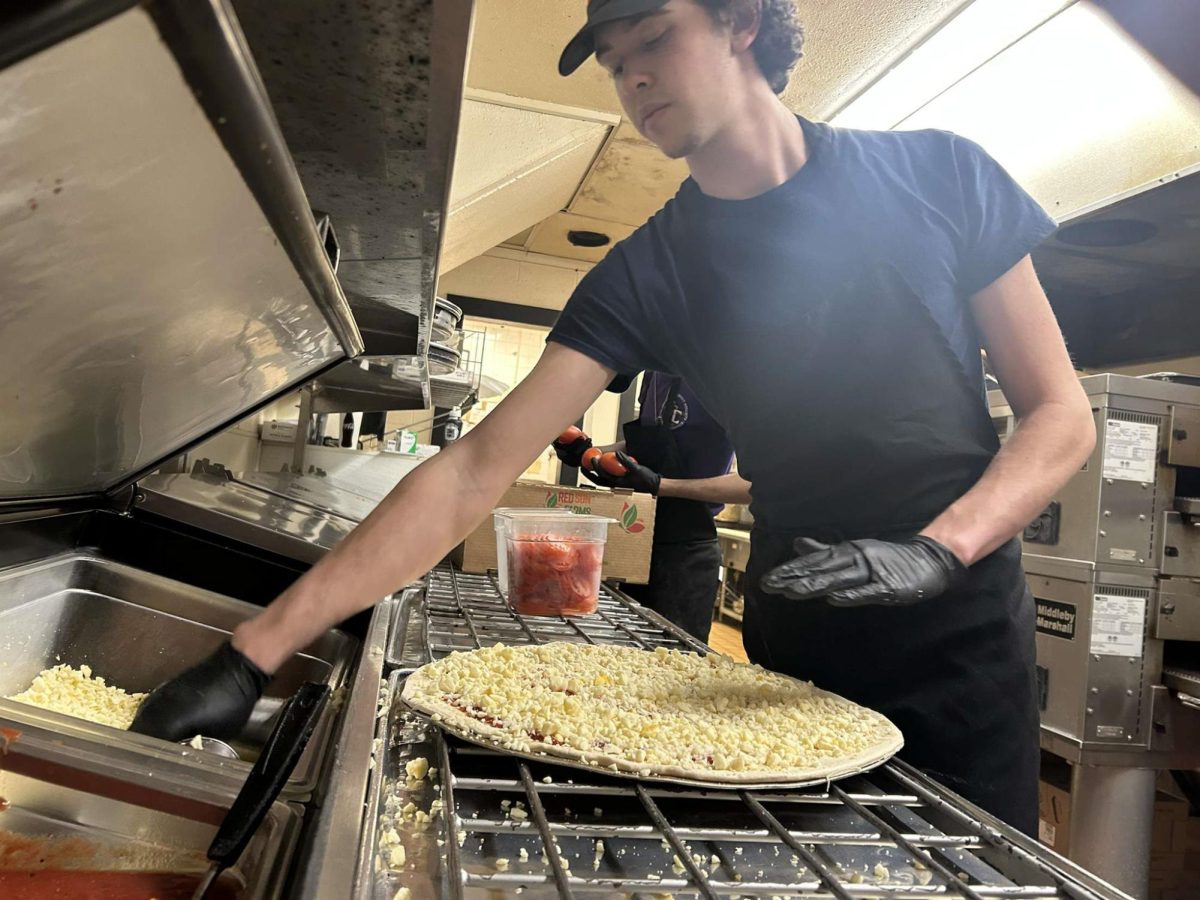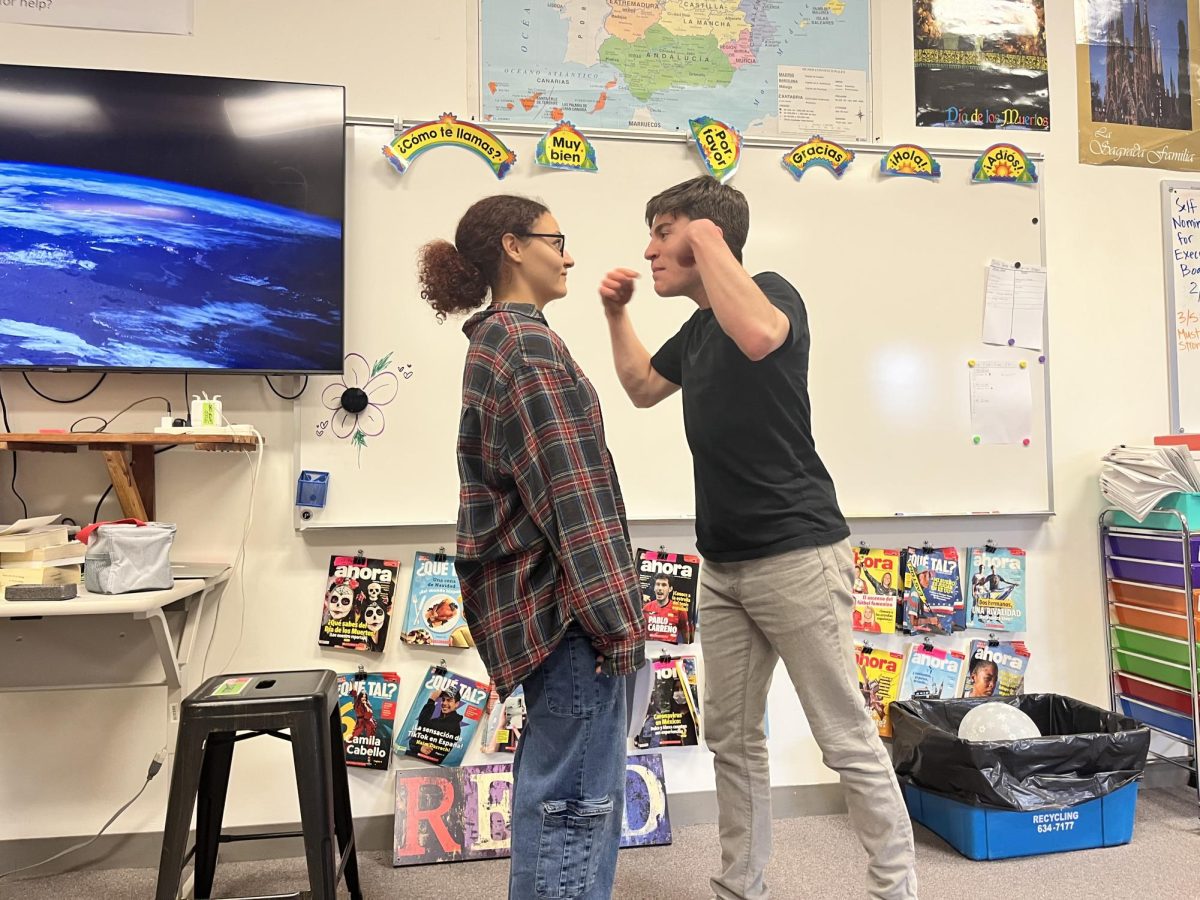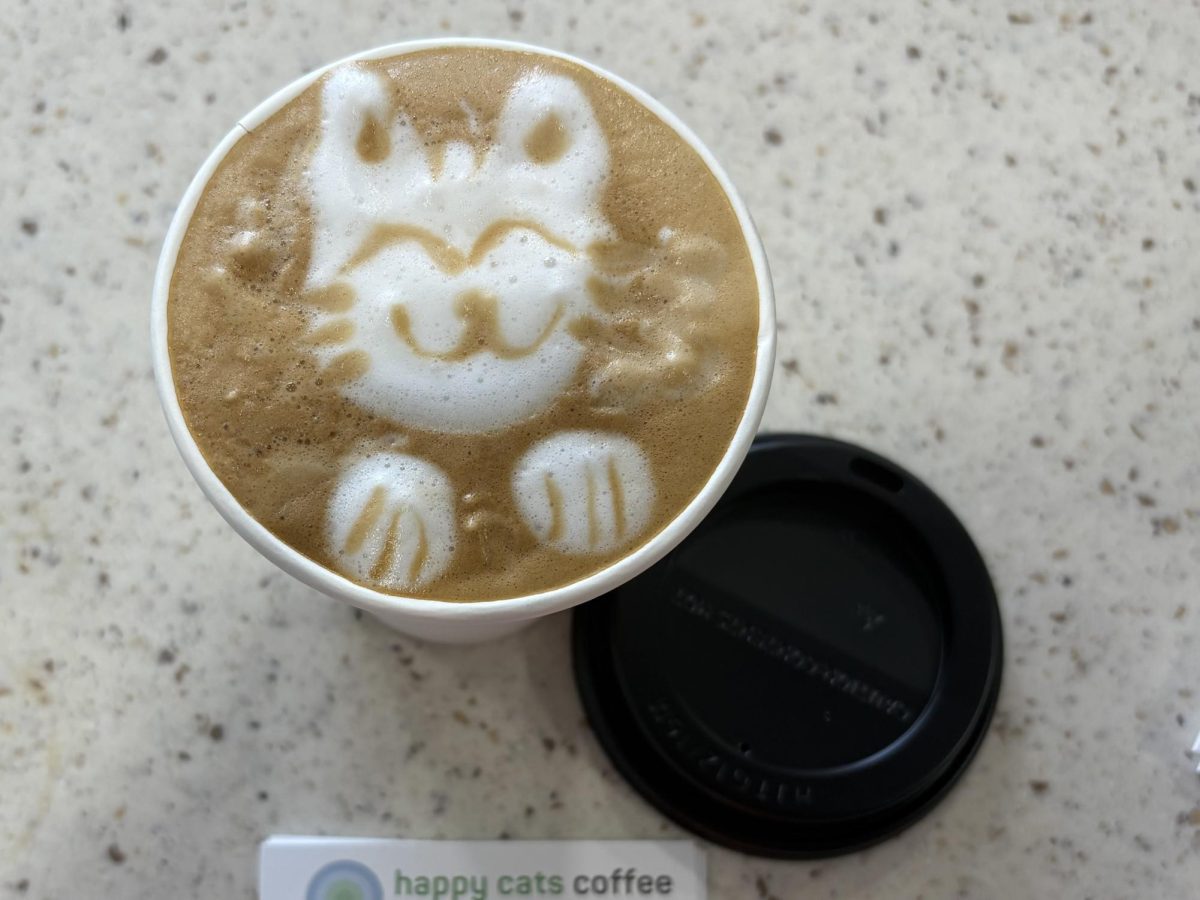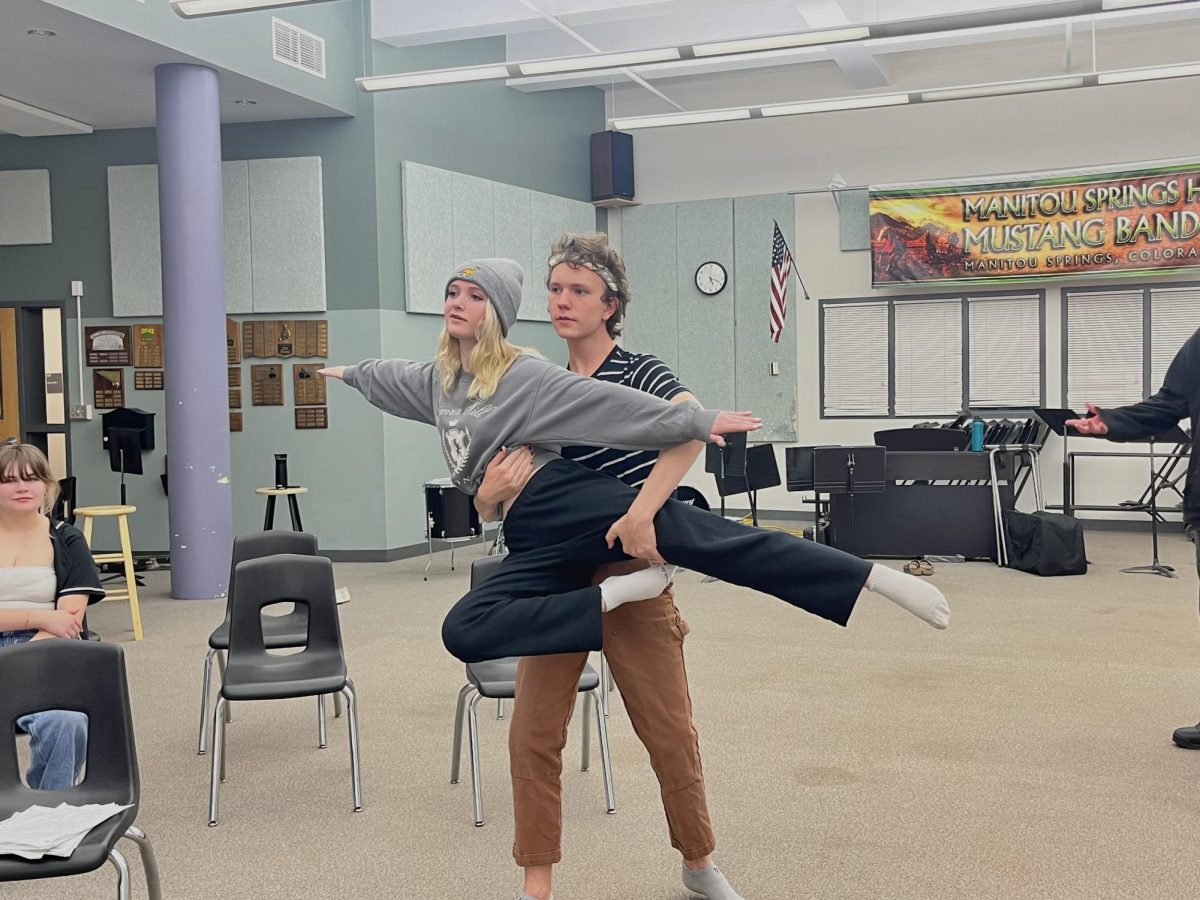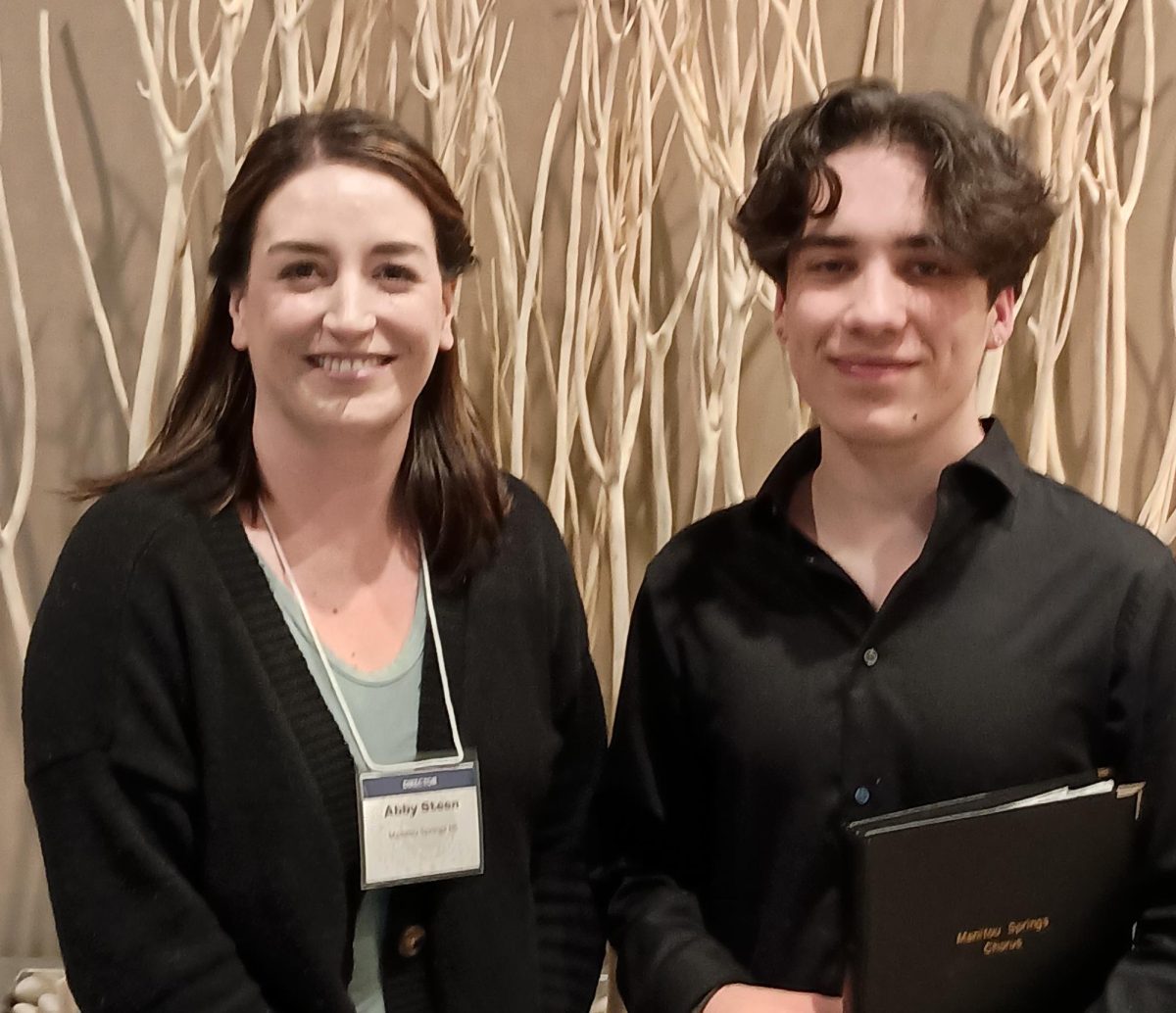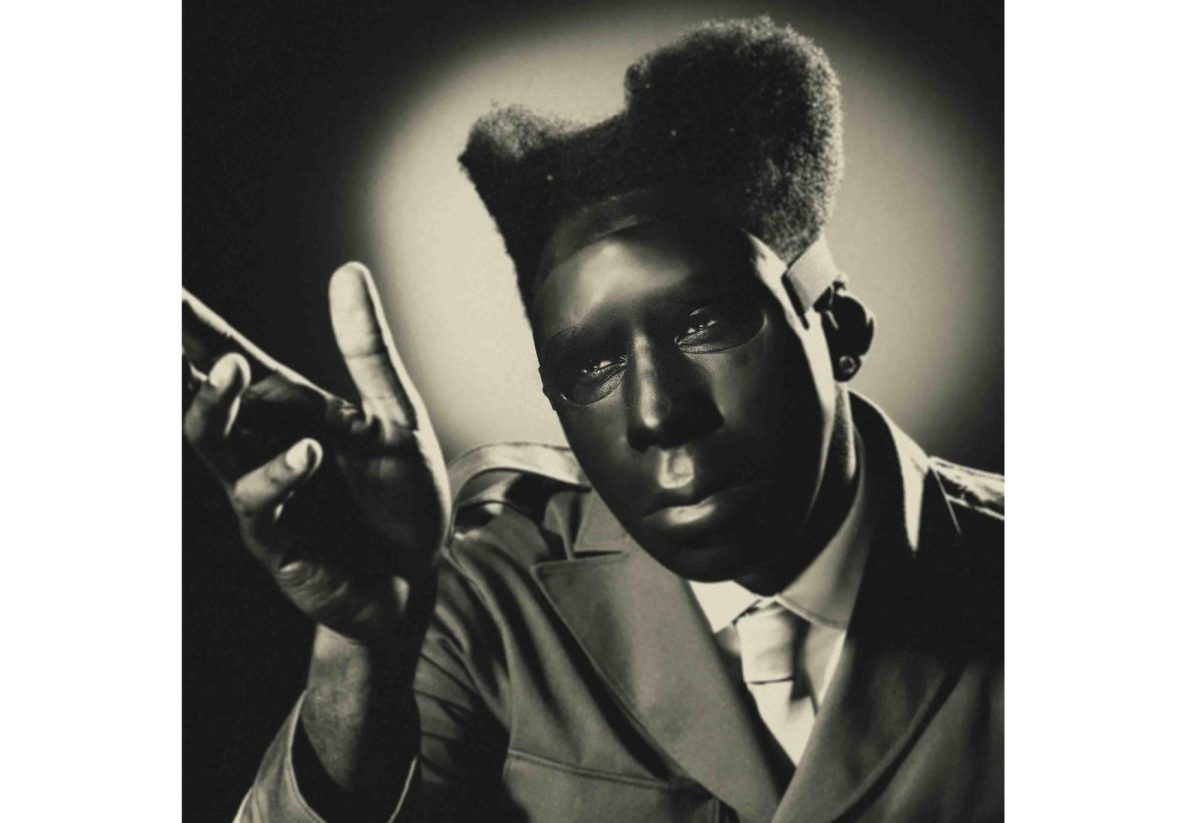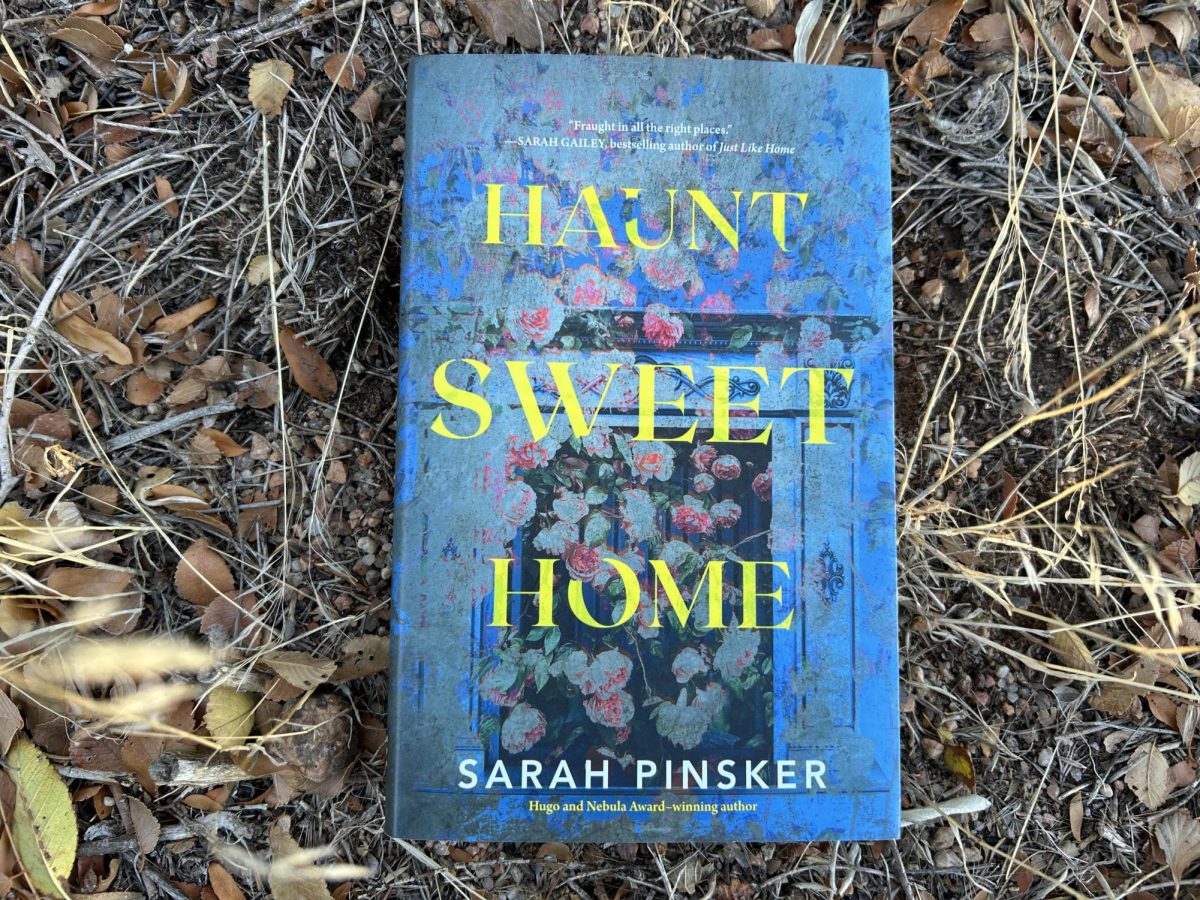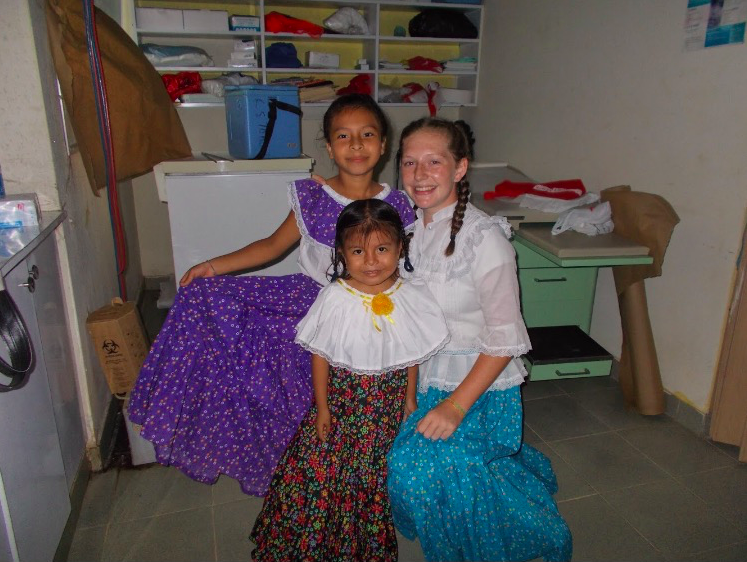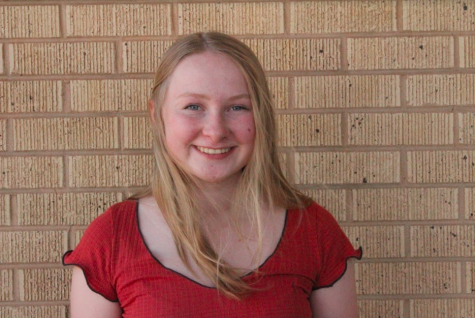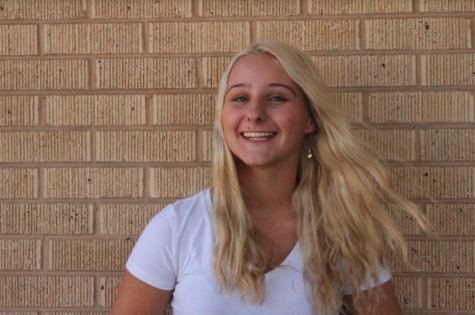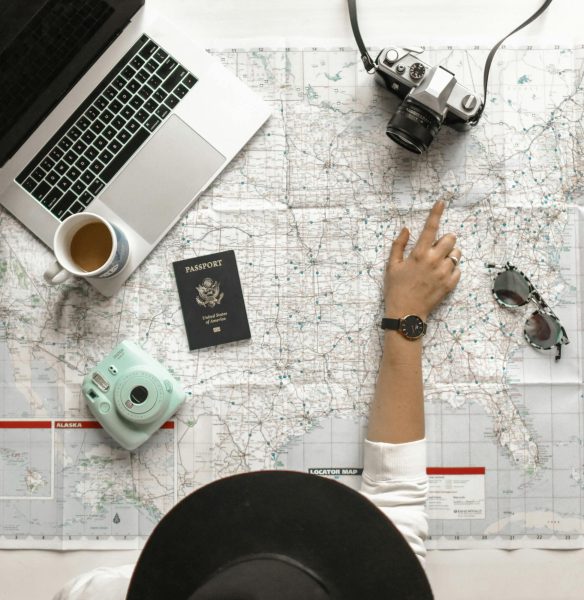Coco in Coclé
September 6, 2019
While most teenagers spent this summer lounging by the pool or working a summer job to save up money, Coco Stevens (12) decided that she wanted to try something new. In early June, Stevens had an experience of a lifetime. She to the region of Coclé in Panama for six weeks for a program called Amigos de las Americas.
Stevens had to fill out a questionnaire in October of last year to apply for the program. Last November, Stevens received an email telling her that she would be getting a phone call for an interview. In December, Stevens found out that she had been accepted into the program and that she would travel to Houston, Texas for training at the start of June. After all of the main interviewing, Stevens had to take a Spanish proficiency assessment to see if she had the necessary skills to be able to handle six weeks of Spanish immersion. To participate in the program, it was required for students to be at a level two in Spanish. At the time of the assessment, Stevens was only halfway through Spanish II. Stevens was excited to hear when she was accepted into the travel group. “I was not sure what was going to happen, or what was going to be there,” Stevens said.
Stevens started her journey by watching online webinars to become familiar with Amigos de las Americas. She also took advice from her dad who was a part of the same program in 1986. To learn more about Panama and what to expect from the culture, Stevens attended a national chapter training in Boulder, Colo. With these pieces in place, she was ready to travel.
In Houston, Stevens completed her training over a few days. Then she flew to Panama. But before she was introduced to her host family, Stevens spent a few days with six project supervisors and 57 other volunteers where they were split into small groups to learn the specifics of what to expect while in Panama.
Stevens stayed with her host family and their three daughters. When she arrived, she was surprised to find that bathrooms and kitchens were outside; the food that she ate was cooked over an open fire. “The fact of showering and going to the bathroom outside was overall the craziest thing,” Stevens said. The family also did all of their laundry by hand. The humidity also served to be an issue. It made it hard to do basic tasks including walking to school or doing laundry because it would have to dry outside. One of the biggest adjustments throughout the trip was having no electricity, “I was living with no electricity and speaking a different language and that was a huge adjustment for me,” said Stevens. She had no way of contacting anyone for the entire trip. At first, that was difficult for her but now, she actually does not like being on her phone and she feels that she does not need it anymore. Once she had returned from Panama, she did not want to use her phone as much. That experience helped her to start appreciating the small things in life a little more.
Stevens spent half of her visit volunteering at the local school. The school consisted of 37 students, which was considered a big school, a drastic difference between cultures. Stevens served the other half of her time doing the cultural exchange and she would volunteer for up to two hours per day doing everyday tasks. When Stevens was not too busy volunteering and helping all the kids, she enjoyed Panama’s culture. Stevens really enjoyed the food that she ate while in Panama. Her favorite breakfast food was “ojalda”, a fried bread. Another favorite of Stevens’s was plantains.
Stevens met a lot of interesting people on her trip. One of her favorites that she met was a seven-year-old boy nicknamed Chino. Stevens said that Chino would ask for money from Stevens and her fellow volunteer named Billy so that he could go and get treats from the nearby “tienda”, or store. After a while, Chino’s parents were unhappy with his bargaining ways and told him to stop taking BIlly’s money.
In Panama, there were many animals that Stevens saw but her supervisors and the program insisted that Stevens and others in the program should not touch any of them. This is because the program did not want anyone to bring diseases such as rabies back to the U.S. For this reason, exotic birds, sheep, horses, and cows were not allowed to be touched. A strange fact about Panama is that many people are scared of cows, particularly in the area that Stevens visited.
Stevens’s goal is to one day be a part of this program again in the future. “I would do it again, for sure,” said Stevens, “but next time I would become a project supervisor.” As a project supervisor, she would fly down from Houston once a week for 24 hours and make sure that everything was running smoothly. Stevens wants to go to Ecuador for her next trip through the program. Stevens encourages others to try something new, like her own experience. Her advice is to be open for anything and to go in having no expectations.

